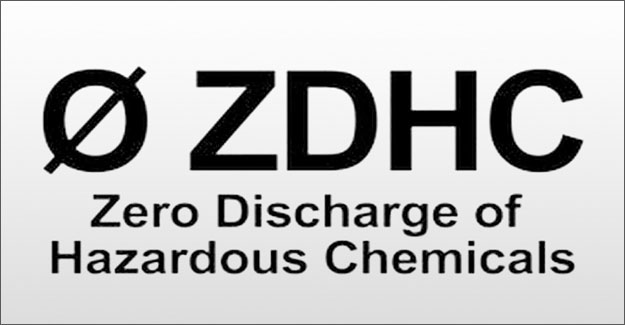
ZDHC Man-Made Cellulosic Guidelines Released
ZDHC has expanded the scope of its work to cover fibre production to account for the environmental impact of fibres. The initial focus of the document is the fibre group viscose and modal. This latest set of ZDHC Guidelines makes a significant contribution to the industry by giving brands and manufacturing facilities producing man-made cellulosic fibres (MMCF) an aligned approach for emissions control. They also offer an aligned approach for the recovery of sulphur compounds, part of the inputs, as well as by-products generated during the production process. "This document gives fibre manufacturers essential guidance and helps to make tangible progress by providing targets to move forward and tackle emissions in a meaningful way. The guidelines support ZDHC's holistic approach to transforming the entire value chain," according to Phil Townsend, M&S. The importance of fibre production in the value chain Fibres are key components of production processes in the textile and fashion value chain and it is crucial to reduce environmental impacts. The guidelines give suppliers producing MMCF unified criteria for measuring output indicators like wastewater, sludge, air emissions and other process-related parameters. "The release of the ZDHC MMCF Guidelines is an important milestone for the Roadmap to Zero Programme. It represents ZDHC's first guidelines focused on fibre manufacturing, addressing air emissions and for the first time, resource recovery in production. The ZDHC MMCF Guidelines are the result of a collaborative effort by our Contributors," said Scott Echols, Roadmap to Zero Programme Director An aligned approach for all stakeholders By providing an aligned approach, the MMCF Guidelines advocate for the improvement of processes to minimise emissions and work towards the recovery of input substances and by-products. This directly addresses the negative impact of outputs arising from MMCF production. The intention with the MMCF Guidelines is to continuously improve and adapt to technical developments and science-based evidence as part of their ongoing evolution. "The new ZDHC MMCF Guidelines will become a cornerstone of the sector and critical to shifting viscose suppliers towards clean production. I thank ZDHC for its hard work and support of our and our members' mission to minimise the negative impacts of the textile industry," said Simone Seisl, Textile Exchange ZDHC will further support brands, producers and other stakeholders to implement the MMCF Guidelines and to highlight the steps towards safer production practices. This will be done through a ZDHC MMCF Industry Implementation Guidelines (ImplementationGuidelines), due for release shortly.
Textile Excellence
If you wish to Subscribe to Textile Excellence Print Edition, kindly fill in the below form and we shall get back to you with details.












